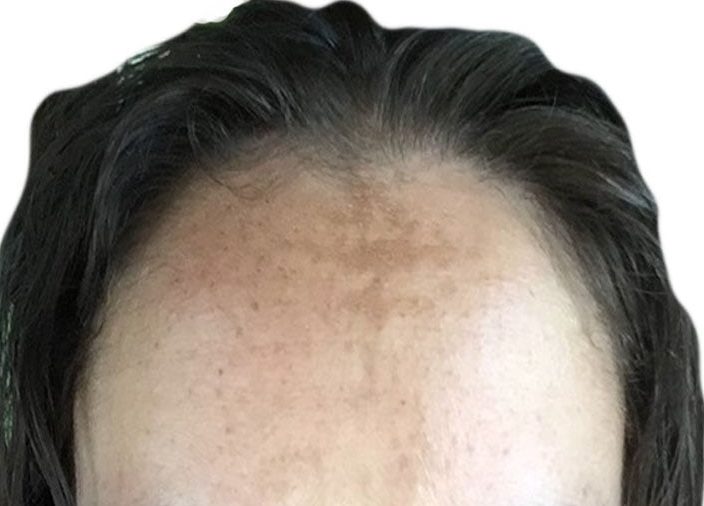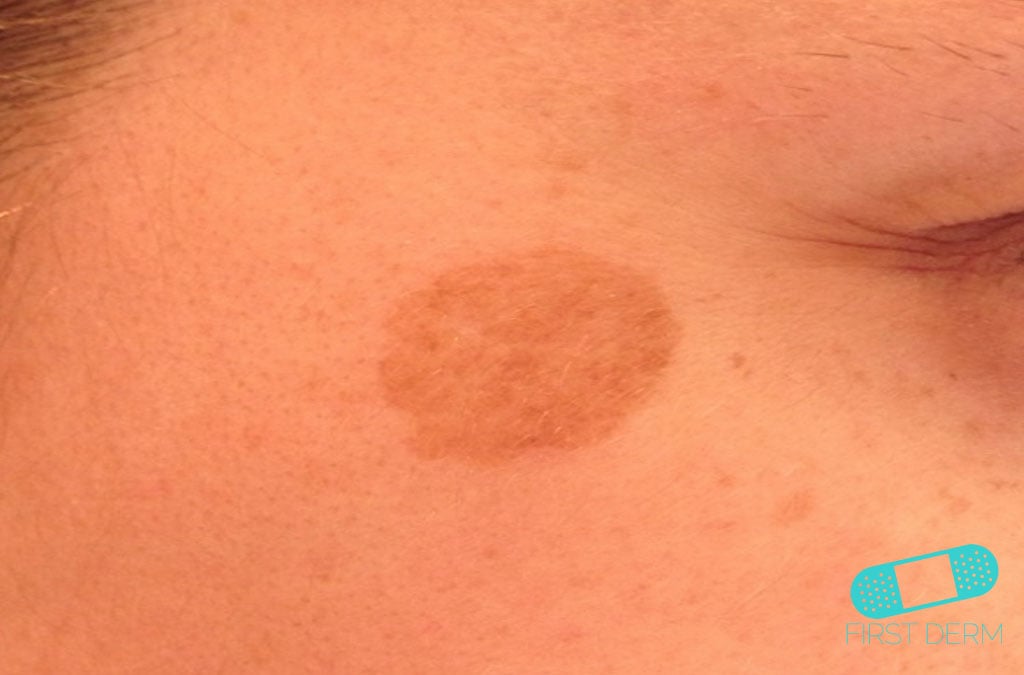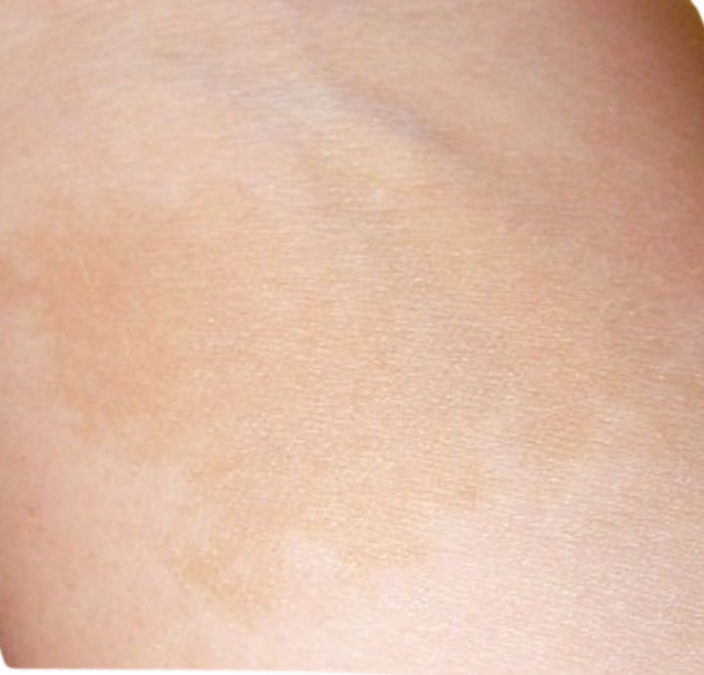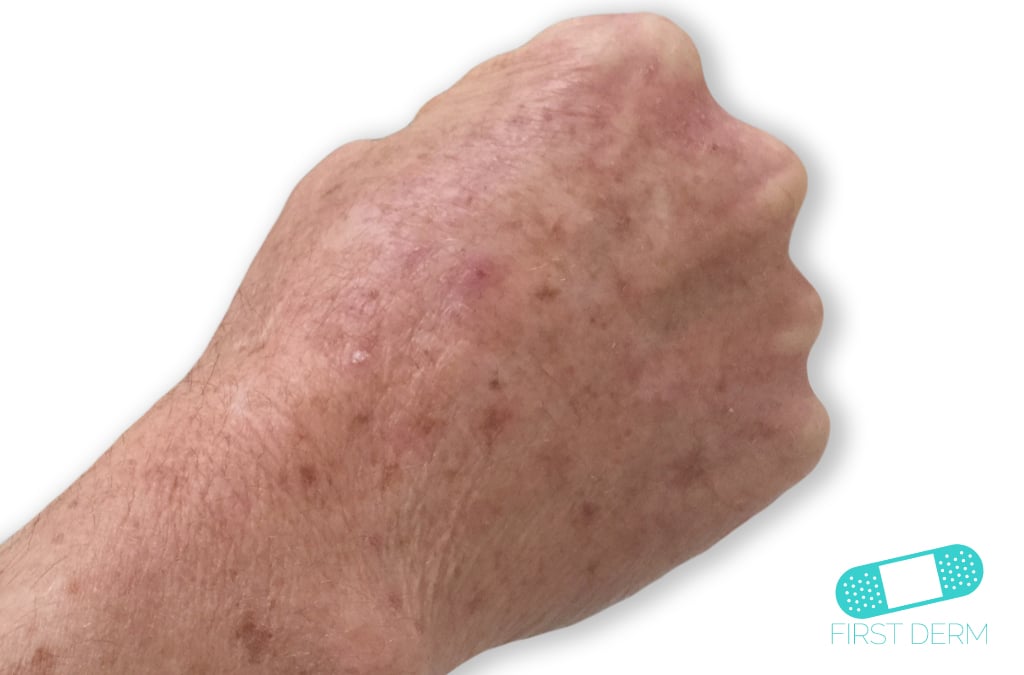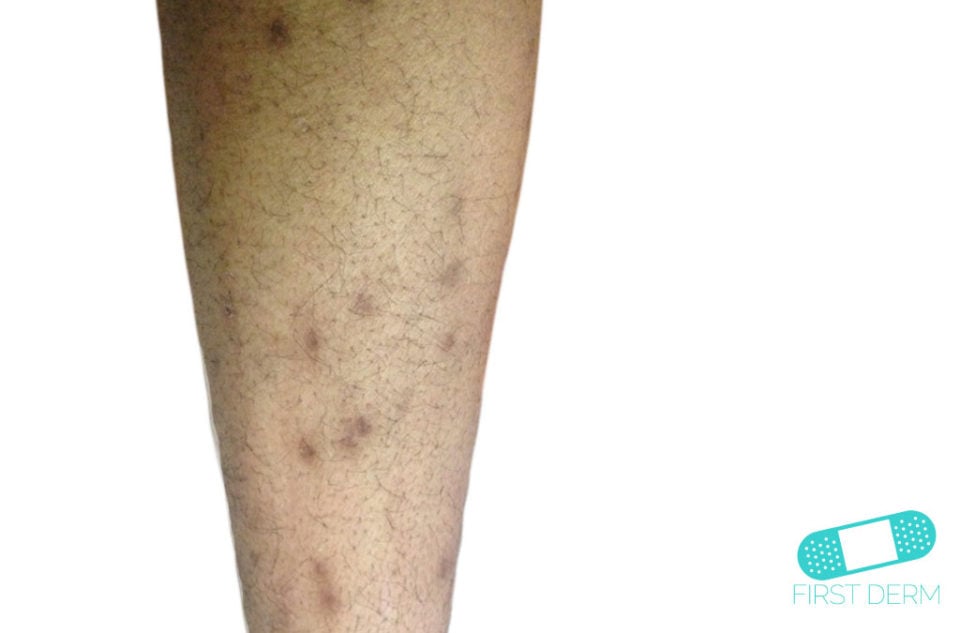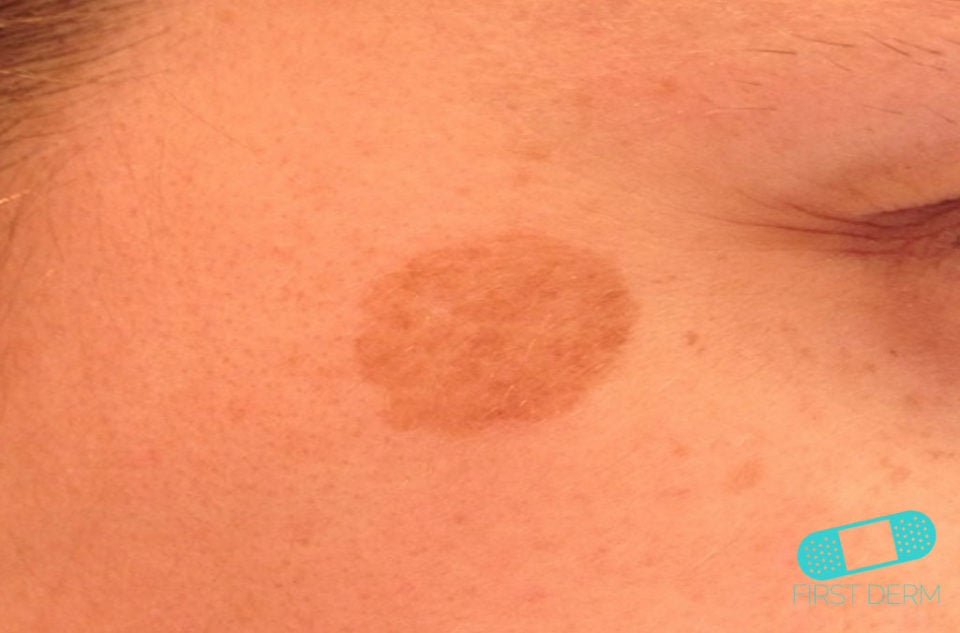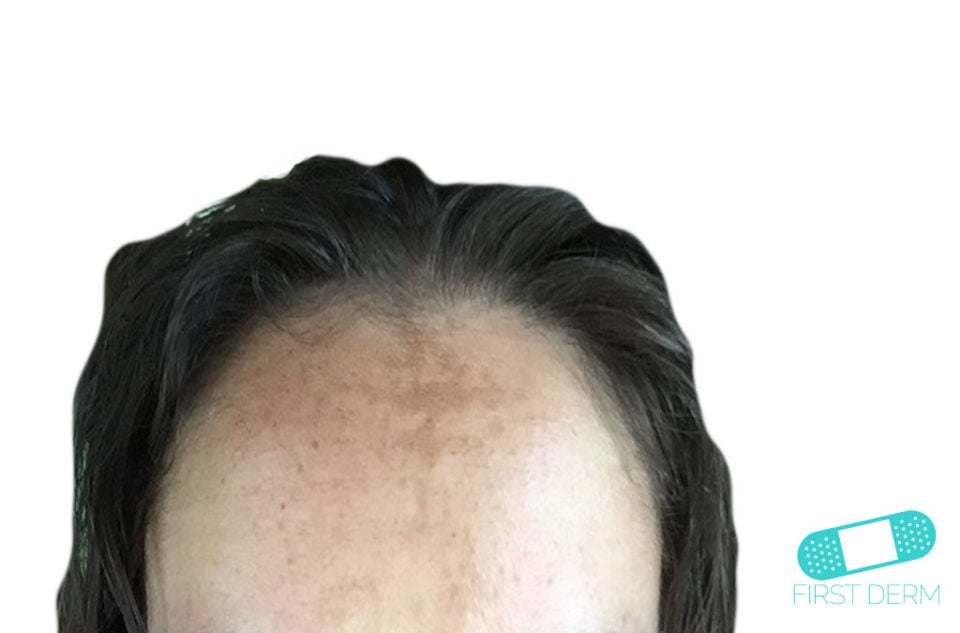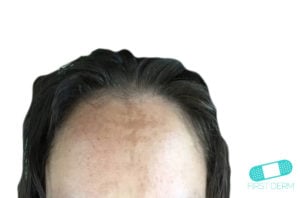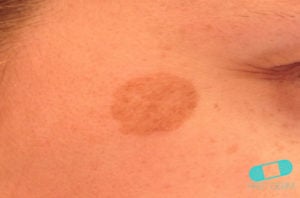Hyperpigmentation, as the name suggests, is the darkening of the skin caused by the overproduction of melanin. The overproduction of melanin occurs when there is damage to the skin. Sun exposure, pregnancy, acne, and skin lesions all cause the skin to produce a higher concentration of melanin, and thus create darker spots on the skin. Hyperpigmentation is usually a harmless condition and does not be to be treated, but can be for cosmetic purposes.
Types of Hyperpigmentation:
Melasma is commonly found on individuals after tanning due to the stimulation of melanocytes from ultraviolet rays. In addition, melasma may occur when hormones are triggered caused by contraceptive pills, hormone replacement medicine or pregnancy. To avoid melasma, it is important to wear sunscreen and reapply every two hours. There is no treatment for melasma, but the use of topical retinoids, azelaic acid, bleaching cream, or a pigment laser under dermatologist supervision can help reduce the dark pigmentation. Ask a dermatologist today!
Lentigo Solaris are brown spots that show up on the skin when exposed to excessive ultraviolet rays. These spots usually appear on elder individuals, over the age of 40. Liver spots are more commonly found on people with fair skin who tend to burn easily. If you are prone to getting sun spots, it is incredibly important to wear sunscreen and reapply often, as you may be more at risk for skin cancer forms such as squamous cell carcinoma and basal cell carcinoma. You do not need to seek medical care unless your sunspots change in size or color. It is important to keep an eye on them to see if there are any changes. For cosmetic purposes, the spots can be removed with bleaching creams or freezing with liquid nitrogen. Ask a dermatologist today!
Hyperpigmentation is a very common skin condition and can come and go throughout a persons life. The most effective preventative measure is to wear sun screen daily, especially on your face, chest, arms and hands. In general, avoid exposure to the sun, as it can worsen the affected areas, making the skin darker. Sometimes, the darkened areas fade on their own without treatment. If you do develop darker spots on your skin, keep track of them to see if there are any changes to the color, texture and size. If you do notice a chance, it is important to seek medical care from your dermatologist.
Sources:
http://www.aocd.org/?page=Hyperpigmentation
Hyperpigmentation is the darkening of the skin caused by the overproduction of melanin
Melasma and Lentigo Solaris are two different forms of hyperpigmentation
Sun exposure, pregnancy, acne, and skin lesions all cause the skin to produce a higher concentration of melanin
Ask a Dermatologist Now
Anonymous, fast and secure!

The Specialist doctor from the University Hospital in Gothenburg, alumnus UC Berkeley. My doctoral dissertation is about Digital Health and I have published 5 scientific articles in teledermatology and artificial intelligence and others.

